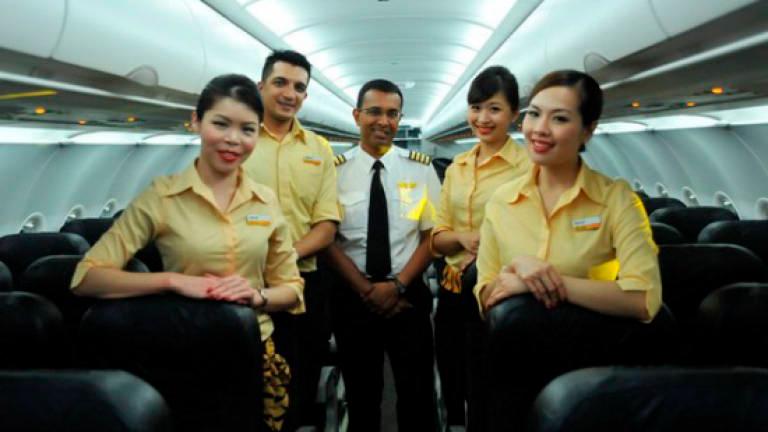PETALING JAYA: Airline cabin crew should be employed as frontline staff in the fight against Covid-19, said the National Union of Flight Attendants Malaysia (Nufam).
Its president Ismail said reskilling or upskilling is not the way to help airline cabin crew who have lost their jobs.
“Cabin crew are highly trained to deal with all kinds of emergencies. As such, this training will benefit the Health Ministry as it well help ease the burden on frontliners,” said Ismail.
“They can be employed on contract, part-time or full-time basis as the government tries to deal with the Covid-19 virus. Their emergency training will benefit the government.”
He cited the example of Singapore Airlines, whose staff have been reassigned to hospitals and train stations, and elsewhere in the public transport network in support of the city state’s efforts to contain the virus.
At hospitals, they are helping patients sit up in bed, serving their meals, collecting feedback and managing visitors, he added. This has helped to reduce the burden on healthcare workers.
Ismail said the Budget 2021 proposal to upskill workers will see money being given directly to training institutes.
“The institutes may have put forward many proposals but at the end of the day, will there be jobs available once the training is completed?
“It must be remembered that it’s not only cabin crew who have lost their jobs but also workers from other industries as well.
“Everyone will be competing for the few jobs that become available. A rosy picture may have been painted about getting jobs after the completion of a training programme but whether this will materialise is yet to be seen,” he said.
Ismail added those attending a course may receive an allowance for the training period but their overall costs are much higher.
He said it would be better for the money to be instead channelled directly to helping cabin crew who have lost their jobs.
It can be used to help them venture into business or vocations that can help them.
More than 5,000 people have lost their jobs since the retrenchment exercise for cabin crew began.
From the feedback Nufam received, only one in 10 cabin crew have found full-time employment. Others are working part-time, selling food, or driving or making deliveries for e-hailing services. Even then, many are finding it difficult to make ends meet.
Ismail said it will be tough to upskill pilots and aviation engineers who have very unique skill sets.
It is estimated it will take up to three years before the airline industry gets back to normal.
He said the government needs to come up with some unique measures to help those in the industry who have lost their jobs.














